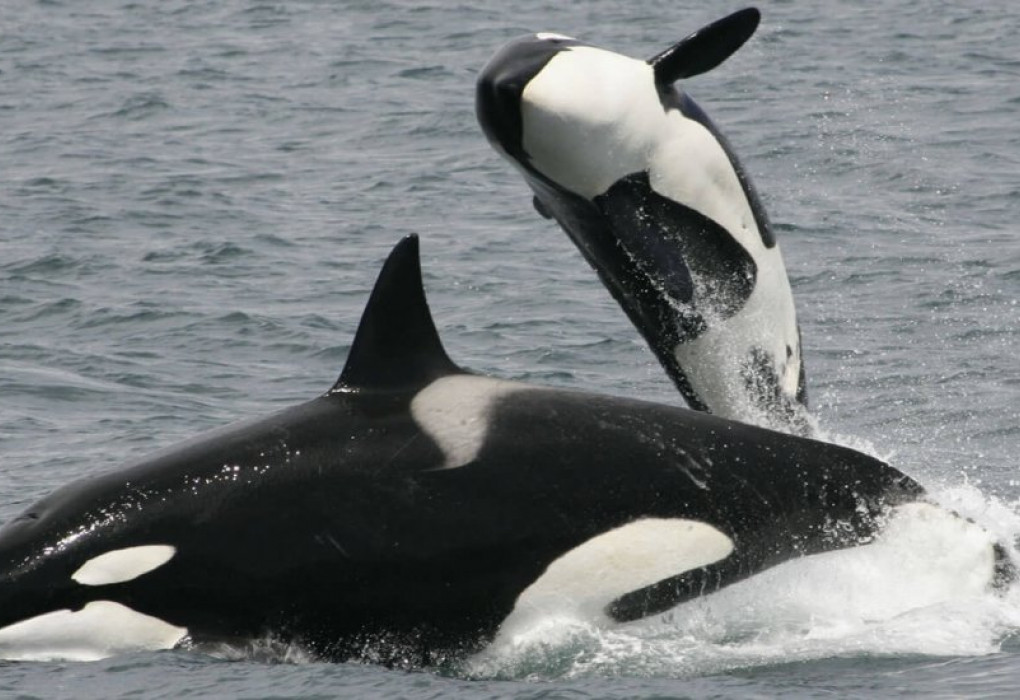Native Fish Responds To Washington's Orca Whale Crisis
The Washington State Governor’s office created an Orca Whale Task force to address the declining health of Pod J, a pod of 76 whales that lives in and feeds on Chinook salmon in Puget Sound. This past summer these whales made international news when a malnourished mother Orca carried her baby around for 18 days after it died. This was a very sad event, in a series of sad events for this population of Orcas. The lack of prey, specifically Chinook salmon, are one of the three most significant threats to these whales. Another threat is the boat traffic in the Puget Sound, which disrupts the whales echolocation abilities and their ability to find food. "These boating behaviors negatively affect Southern Resident foraging and communication, and increase the risk of striking and injuring the remaining 76 members of the population."
When prey is hard to find and they are not eating regularly, it causes the whales to dip into their blubber stores for energy. Often, that fat is contaminated because of pollution in coastal waters. This contamination in their tissues, that occurs through bioaccumulation of toxins like mercury, threatens the whales’ long-term health and reproductive success (NOAA Killer Whale Priority Chinook salmon stocks).
One of the proposals for the task force’s consideration is to increase the amount of hatchery Chinook salmon released in major rivers on the Puget Sound. Native Fish Society strongly opposes this proposal. Our primary objection to increasing hatchery production in Puget Sound is that doing so will further undermine the recovery of wild salmon, exacerbating one of the root causes of Orca whale declines -- a decline in prey base.
Additionally, the best-available science suggests that increasing hatchery salmon releases would increase the potential for the spread of disease and that hatchery Chinook salmon do not grow at the rate, or produce enough fat, to increase the Orca’s source of food over the longterm. Orca whales require older and larger Chinook salmon in their diets. Providing reliable and sustainable Chinook salmon, means restoring and protecting habitat, ensuring fish passage, clean water and adequate instream flows so that wild salmon can once again flourish in Puget Sound. You can view Native Fish Society’s position on hatcheries click here.
Caring for the habitat of wild Chinook, thus increasing wild runs of Chinook, and decreasing the amount of salmon allocated to mixed-stock commercial fisheries in the ocean would have a much larger impact in terms of providing prey for these whales in the near term.
And lastly, Native Fish Society thanks you in joining us and standing up for wild fish by submitting your comments. Thank you for doing that! While this Orca Whale recovery plan in still in draft form, it is important for us to monitor the progress, and remind folks what the science shows as effective in preserving and increasing wild runs of native fish.
__________
Did you know that Native Fish Society has developed advocacy tools for you to use? To learn more click here.
